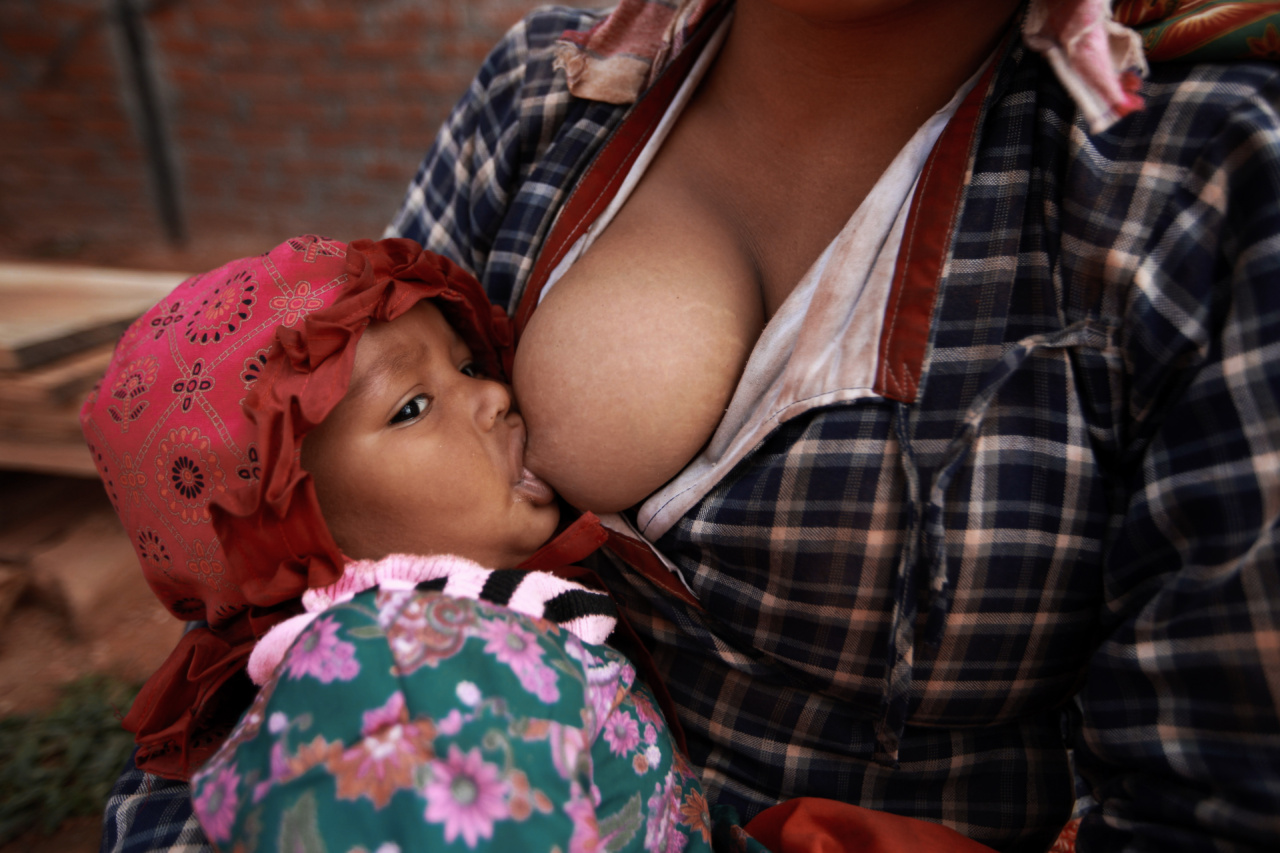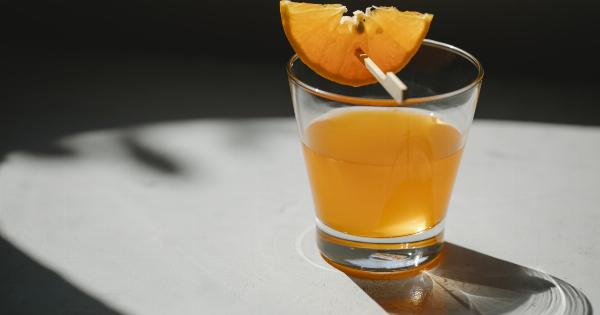Breastfeeding is a wonderful, natural way to nourish and bond with your baby. However, as a nursing mother, you might be wondering how much alcohol you can safely consume without harming your baby.
Unfortunately, the truth is that drinking while breastfeeding poses hidden risks that many mothers are unaware of. In this article, we’ll explore the potential dangers of alcohol consumption while breastfeeding and offer tips on how to protect your baby.
What happens when you drink alcohol while nursing?
When you drink alcohol, it enters your bloodstream and is eventually transferred into your breastmilk. Unlike formula, breastmilk is not a uniform product, and its composition changes depending on what you consume.
According to a study by the American Academy of Pediatrics (AAP), infants consume 20% less breastmilk during the four hours following their mother’s moderate alcohol consumption (one or two drinks).
Moreover, the same study suggests that babies who consume alcohol-contaminated breastmilk may experience drowsiness, agitation, and decreased growth and development.
Alcohol consumption can also affect your milk supply. While moderate drinking may have little to no impact on your lactation, excessive or regular drinking can decrease your milk production and have long-term effects on your breastfeeding relationship.
How much alcohol is safe to consume while nursing?
The safest course of action is to avoid alcohol altogether while breastfeeding. However, if you do decide to drink, it’s important to understand how alcohol affects your body and to take precautions to minimize the risks to your baby.
According to the National Institute on Alcohol Abuse and Alcoholism (NIAAA), consuming one standard alcoholic drink (such as a 12 oz. beer, 5 oz. wine, or 1.5 oz.
spirits) generally does not pose a serious risk to a breastfeeding baby if the mother waits at least two hours per drink before nursing. Applying the “pump and dump” method of expressing milk can also help lower the amount of alcohol present in your milk and protect your baby. However, it’s important to recognize that this technique is not foolproof.
Consuming more than one drink, or drinking too quickly, can lead to higher levels of alcohol in your bloodstream, which can take longer to clear from your system, resulting in a longer wait time before it’s safe to nurse your baby again.
Also, keep in mind that certain factors, such as your weight, frequency of alcohol consumption, and tolerance levels, can affect how quickly your body metabolizes alcohol, making it even harder to gauge when it’s safe to nurse after drinking.
Why is drinking while breastfeeding risky?
The risks associated with drinking alcohol while breastfeeding can be many, and they go beyond the immediate effects on your baby. Here are some of the potential dangers:.
1. Impaired milk production
As we mentioned earlier, excessive or regular drinking can decrease your milk production, which can, in turn, lower your baby’s intake and hinder their growth and development.
2. Decreased milk quality
Alcohol can affect the texture, taste, and smell of your breastmilk, making it unpalatable to your baby and leading to fussiness and refusal to feed.
Additionally, alcohol can reduce your milk’s nutritional value and inhibit your baby’s absorption of vital nutrients.
3. Slow cognitive development
Babies who are exposed to alcohol in breastmilk may experience impaired cognitive development, including slower learning, memory, and language acquisition.
4. Increased risk of accidents and illness
Alcohol consumption can make you drowsy, disoriented, and less aware of your surroundings, which can increase the risk of accidental falls, burns, or other injuries.
Moreover, alcohol can weaken your immune system, making it harder for you to fight off infections and pass on protective antibodies to your baby.
What are the alternatives?
If you want to enjoy a drink or two but don’t want to expose your baby to alcohol, there are several alternatives you can try:.
1. Pump and dump
As we mentioned earlier, the pump and dump method involves expressing milk and discarding it after drinking to minimize the amount of alcohol in your breastmilk.
However, keep in mind that this approach only works if you wait long enough for the alcohol to fully leave your system. Additionally, it can be wasteful and time-consuming, and it doesn’t guarantee that all alcohol will be removed from your milk.
2. Plan ahead
If you know you’re going to be drinking, try to plan ahead and pump a few bottles of milk beforehand so that you have a supply ready and don’t have to worry about the timing of your drinks.
3. Wait until your baby is older
If you’re concerned about the risks of drinking while breastfeeding, you might want to wait until your baby is older and can tolerate occasional bottles of formula or breastmilk from a different source.
4. Use test strips
Test strips are available that can detect the presence of alcohol in your breastmilk. These can help you determine how long you need to wait before nursing again.
Conclusion
Drinking while breastfeeding can pose hidden dangers for you and your baby. Although moderate drinking may be safe, it’s important to be aware of the risks and take steps to minimize them.
If you’re unsure about how much alcohol you can safely consume, consult your healthcare provider, and consider avoiding alcohol altogether. Ultimately, the well-being of your baby should be your top priority.































